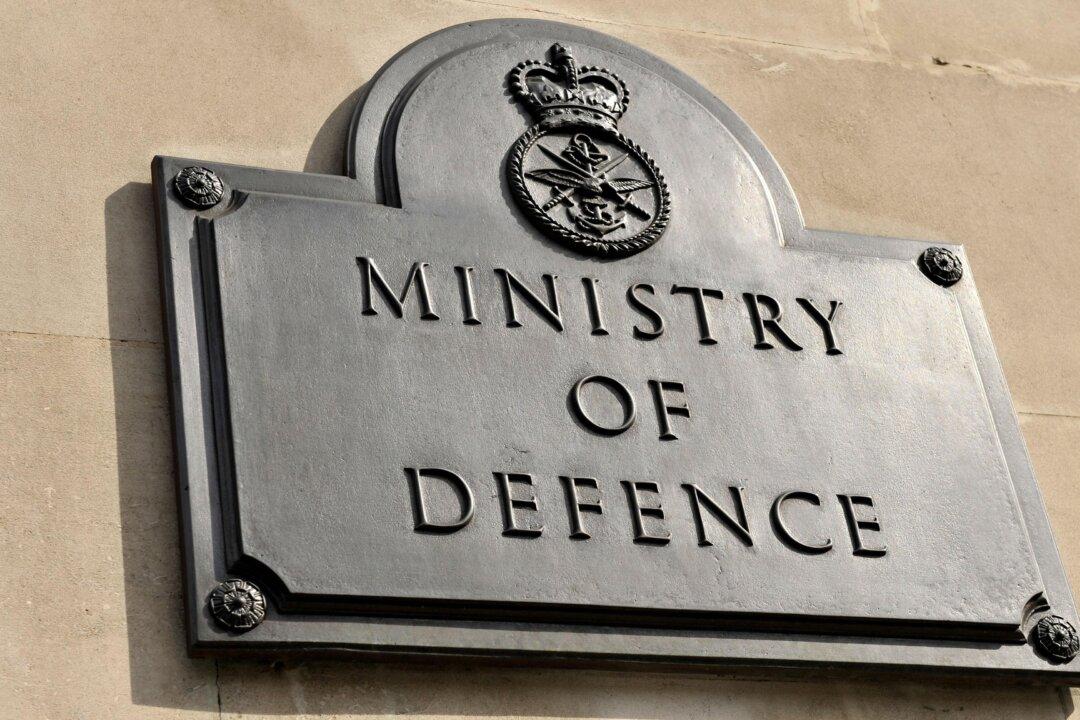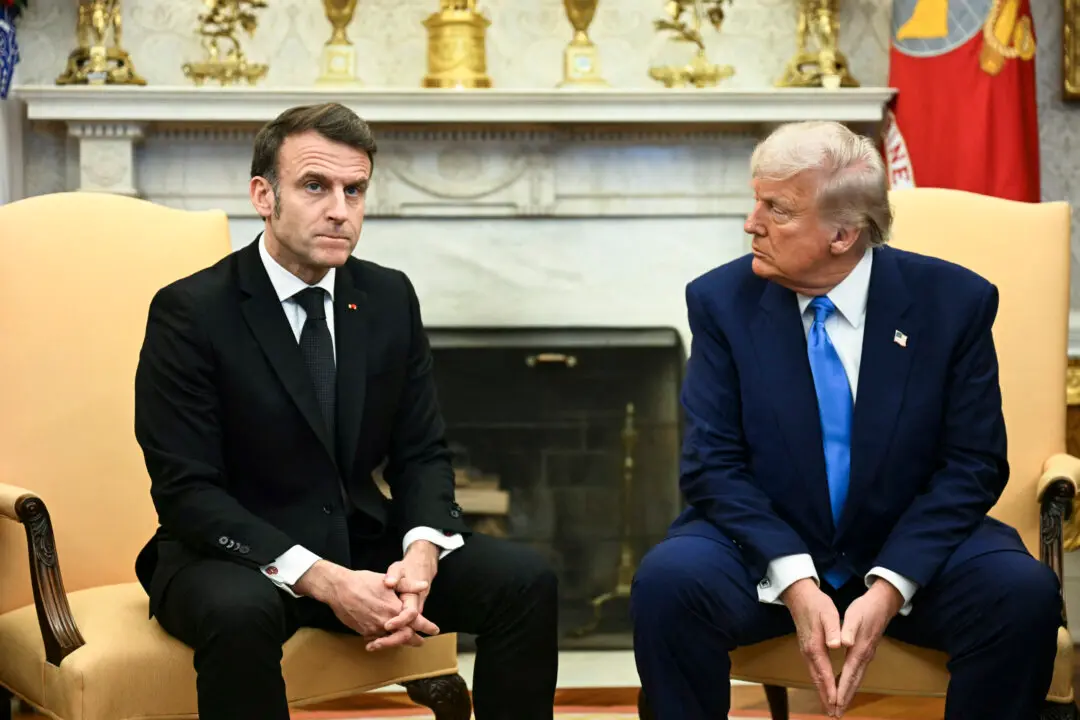An inquiry into allegations of unlawful activity of the UK’s special forces in Afghanistan has heard that the identities of the accused should be kept anonymous.
The inquiry was commissioned by Defence Secretary Ben Wallace in December last year. The probe is looking into matters arising from the deployment of British armed forces to Afghanistan from mid-2010, including extrajudicial killings by special forces.





